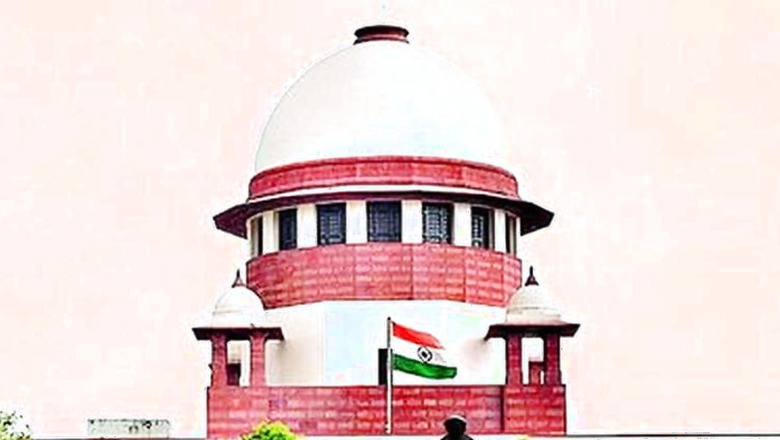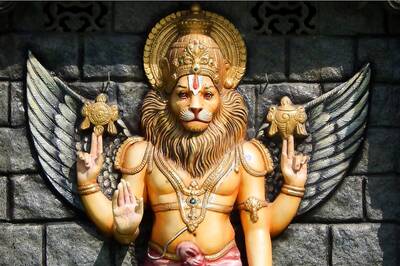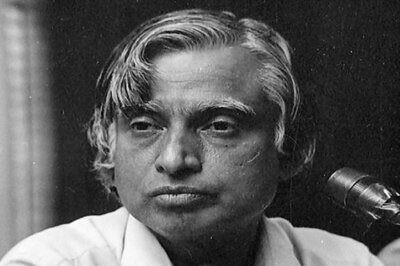
views
The Supreme Court recently quashed the summons issued in a criminal defamation case filed by Delhi deputy chief minister Manish Sisodia against BJP MLA Vijender Gupta, while noting that the questions posed by Gupta that were said to be defamatory, were in fact not, as they only sought answers to certain facts related to the construction of some buildings.
Notably, the top court had dismissed BJP leader Manoj Tiwari’s plea challenging the same order refusing to quash the summons of a trial court issued against him in the criminal defamation case.
A private defamation complaint was filed by Sisodia against the BJP leaders for allegedly levelling corruption charges against him. Accordingly, the trial court in November 2019 issued the order summoning the BJP leaders and others accused in the defamation case.
It had been alleged against Delhi chief minister Arvind Kejriwal and deputy CM Sisodia that they had ordered the construction of rooms in Delhi government schools, wherein a room of about 3,000 sq ft was built in a semi-permanent structure, without any fixtures and fittings, for about Rs 33 lakh.
While checking if the tweets attributed to Gupta could be said to be per se defamatory, a bench of Justices S Abdul Nazeer and V Ramasubramaniam noted, “….it is a fundamental rule of criminal jurisprudence that if the allegations contained in the complaint, even if taken to be true, do not constitute the offence complained, the person accused should not be allowed to undergo the ordeal of a trial.”
The court found that as per Gupta’s tweets, he had posed twenty-four questions to Sisodia, which could not be said to be defamatory as they sought answers to certain facts related to the construction of some buildings.
Moreover, what was sought to be projected as defamatory, was only one statement by Gupta, namely “I am sure that your answer will disclose your scam in the construction of these rooms but you are avoiding to give answer but I will obtain the reply.”
To this, the court said that it did not know how a statement in a tweet that the answers of Sisodia to the questions posed by Gupta will disclose his scam, can be said to be defamatory.
“We are afraid that even if a person belonging to a political party had challenged a person holding public office by stating I will expose your scam, the same may not amount to defamation. Defamatory statement should be specific and not very vague and general. The essential ingredient of Section 499 is that the imputation made by the accused should have the potential to harm the reputation of the person against whom the imputation is made….”, said the bench while concluding.
Read all the Latest India News here
















Comments
0 comment